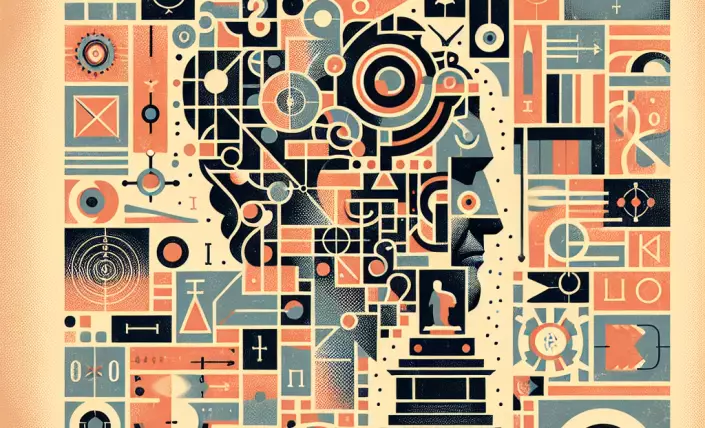In contemporary discourse, the notion of equality often pervades political, social, and economic debates. Yet, the term itself is fraught with ambiguity and complexity, leading to a myriad of interpretations and applications. Thomas Sowell, an eminent thinker and economist, challenges us to reconsider our understanding of equality, urging us to distinguish between its conceptual allure and practical implications. This exploration aims to delve into the philosophical underpinnings of equality as articulated by Sowell, highlighting its role in shaping societal structures and individual lives.
Sowell's critique of equality foregrounds the distinction between 'results' and 'opportunity.' In a world where outcomes are often perceived as the primary measure of equality, Sowell introduces a paradigm shift by emphasizing the importance of equal opportunities rather than equal results. He asserts that the pursuit of equal outcomes overlooks the inherent diversity of individual capabilities, aspirations, and choices. By advocating for a focus on opportunity, Sowell encourages the cultivation of environments where individuals can optimize their potential based on personal merit rather than societal imposition. Such a perspective challenges the prevailing narrative that equates equality with uniformity, proposing instead a society that celebrates diverse achievements and contributions.
The philosophical implications of Sowell's analysis extend beyond economic and political realms, touching upon the very essence of human existence. By questioning the feasibility and desirability of enforced equality, Sowell invites us to reflect on the nature of justice and fairness. Is it just to impose equal outcomes at the expense of individual freedom and agency? Or does true fairness lie in providing the tools and opportunities for individuals to forge their paths? These questions compel us to confront the ethical dimensions of equality, urging a reevaluation of policies and ideologies that prioritize conformity over individuality.
Moreover, Sowell's perspective on equality sheds light on the unintended consequences of well-intentioned policies. Efforts to legislate equality often result in bureaucratic interventions that stifle innovation and creativity. The imposition of quotas, for instance, may inadvertently undermine the meritocratic values essential for progress and excellence. By highlighting these pitfalls, Sowell advocates for a societal model that fosters competition and diversity, recognizing that genuine progress stems from a mosaic of talents and perspectives.
Ultimately, Sowell's reflections on equality compel us to reconsider our assumptions about fairness and justice. In a world increasingly obsessed with metrics and quantifiable outcomes, his insights serve as a reminder of the limitations of such an approach. Equality, when stripped of its idealistic veneer, reveals a complex interplay of factors that defy simplistic solutions. By embracing the nuance and complexity inherent in human societies, we can aspire to build a world that honors the richness of individual experiences and contributions. In this pursuit, Sowell's philosophy offers a guiding light, encouraging a deeper engagement with the principles of liberty, justice, and human dignity.










